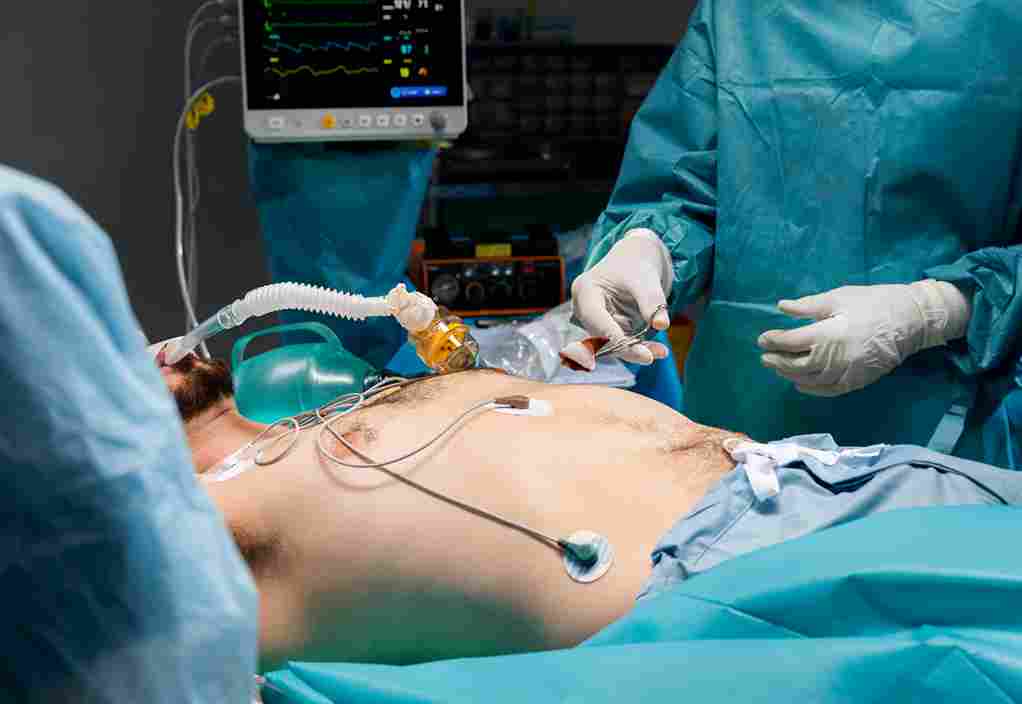What is Colorectal Surgery? Procedures and Benefits Explained
Colorectal surgery is a vital area of medical intervention focusing on diseases of the colon, rectum, and anus. This blog aims to provide a comprehensive overview of colorectal surgery, its significance, various procedures involved, and the benefits it offers to patients.
What is Colorectal Surgery?
Colorectal surgery refers to surgical procedures that address conditions affecting the colon and rectum. This type of surgery is performed by specialists known as colorectal surgeons. Conditions treated through colorectal surgery can range from benign disorders like hemorrhoids to severe conditions such as colorectal cancer.
Why is Colorectal Surgery Important?
Colorectal surgery plays a crucial role in managing several conditions that can significantly impact a patient’s quality of life. Here are some reasons why this type of surgery is essential:
Cancer Treatment: Colorectal cancer is one of the leading cancers affecting both men and women. Surgical intervention can be critical for removing tumors and preventing the spread of cancer.
Management of Inflammatory Bowel Disease (IBD): Conditions like Crohn’s disease and ulcerative colitis may require surgical intervention when medical management fails to control symptoms.
Rectal Prolapse: Surgery may be necessary to correct rectal prolapse, a condition where the rectum protrudes through the anus.
Diverticular Disease: In severe cases of diverticulitis, surgery may be needed to remove the affected section of the colon.

Common Conditions Treated with Colorectal Surgery
Understanding the common conditions treated with colorectal surgery is crucial for recognizing the need for surgical intervention. Here are a few prevalent conditions:
1. Colorectal Cancer
Colorectal cancer is one of the most common cancers worldwide. It often develops from precancerous polyps in the colon. Surgical removal of the cancerous tissue is the primary treatment, which may involve removing a portion of the colon (colectomy) or the entire rectum (proctectomy).
2. Inflammatory Bowel Disease (IBD)
IBD includes conditions such as Crohn’s disease and ulcerative colitis. When these conditions become severe or unmanageable with medication, surgery may be necessary to remove the diseased sections of the intestine.
3. Diverticulitis
Diverticulitis occurs when small pouches (diverticula) in the colon become inflamed or infected. In severe cases, surgery may be required to remove the affected area of the colon.
4. Hemorrhoids
Hemorrhoids are swollen blood vessels in the rectal area that can cause pain and bleeding. Surgical options, such as hemorrhoidectomy, are available for severe cases that do not respond to non-surgical treatments.
5. Rectal Prolapse
Rectal prolapse occurs when the rectum protrudes from the anus. Surgery is often necessary to correct this condition and restore normal function.
Types of Colorectal Surgery
Colorectal surgery encompasses various procedures, each tailored to the specific condition being treated. Here are some common types of colorectal surgeries:
1. Colectomy
A colectomy involves the surgical removal of part or all of the colon. This procedure may be performed to treat colorectal cancer, diverticulitis, or severe IBD. Depending on the extent of the surgery, patients may require colostomy, where the remaining colon is connected to an opening in the abdominal wall.
2. Rectal Surgery
Rectal surgeries include procedures like proctectomy (removal of the rectum) and procedures to correct rectal prolapse. These surgeries aim to alleviate symptoms and restore normal function.
3. Laparoscopic Surgery
Laparoscopic surgery, also known as minimally invasive surgery, uses small incisions and specialized instruments to perform the procedure. This technique typically results in less pain, reduced recovery time, and minimal scarring compared to traditional open surgery.
4. Colostomy
A colostomy is a surgical procedure that creates an opening in the abdominal wall to allow stool to exit the body. This procedure may be temporary or permanent, depending on the underlying condition being treated.
Benefits of Colorectal Surgery
Colorectal surgery offers numerous benefits to patients suffering from various conditions:
1. Improved Quality of Life
By alleviating symptoms and treating underlying conditions, colorectal surgery can significantly enhance a patient’s quality of life, allowing them to return to normal activities and daily routines.
2. Cancer Management
For patients diagnosed with colorectal cancer, surgical intervention can be life-saving. Removing cancerous tissue early can prevent the spread of cancer and improve survival rates.
3. Reduced Symptoms
Conditions like IBD, diverticulitis, and severe hemorrhoids can cause significant discomfort. Surgical intervention can provide relief from these symptoms, improving overall well-being.
4. Long-Term Solutions
Colorectal surgery often provides long-term solutions to chronic conditions, reducing the need for ongoing medication and frequent medical visits.
Preparing for Colorectal Surgery
Preparation for colorectal surgery typically involves several steps to ensure a successful outcome:
Consultation: A thorough consultation with a colorectal surgeon is essential to discuss the condition, surgical options, and expected outcomes.
Preoperative Tests: Patients may undergo various tests, including blood tests, imaging studies, and colonoscopy, to evaluate their overall health and plan the surgery.
Dietary Adjustments: Patients may need to modify their diet before surgery, which may involve a low-fiber diet or bowel preparation to ensure a clear colon.
Medications: Patients should discuss all medications with their surgeon, as some may need to be stopped before surgery.
Conclusion
Colorectal surgery is a crucial medical intervention for managing conditions affecting the colon and rectum. Understanding the meaning of colorectal surgery, the common conditions treated, various surgical procedures, and the benefits it offers can empower patients to make informed decisions about their health. If you are experiencing symptoms related to your colon or rectum, it is important to consult a qualified healthcare professional. For expert care in colorectal surgery, you can contact Dr. Sushma Peruri, who is dedicated to providing the best treatment options for her patients. Your health and well-being are of utmost importance, so don’t hesitate to seek help.


